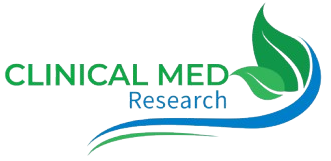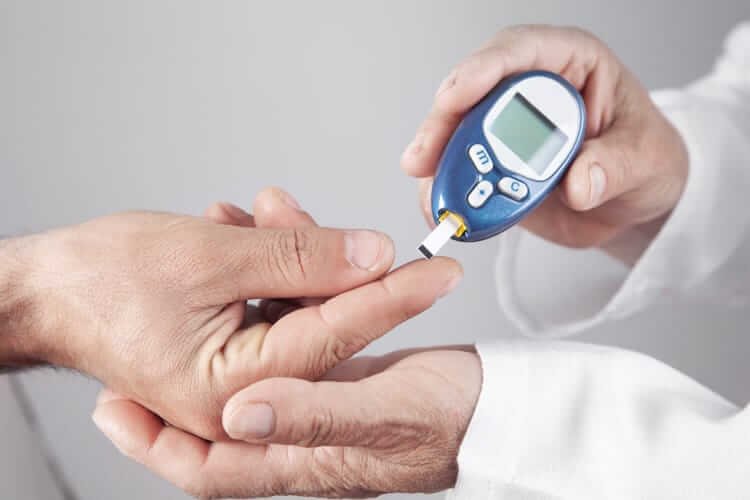Hypertension, more commonly known as high blood pressure, is one of the most widespread health concerns globally. Often referred to as a “silent killer,” hypertension typically shows no symptoms until it reaches a dangerous level, potentially leading to severe health issues such as heart attack, stroke, kidney failure, or vision loss. According to the World Health Organization, over 1.2 billion people around the world suffer from hypertension, making it a major public health challenge.
What Is Hypertension?
Blood pressure is the force of blood pushing against the walls of your arteries as your heart pumps. Hypertension occurs when this pressure remains consistently high. Blood pressure is measured in millimeters of mercury (mm Hg) and is expressed as two numbers — systolic (upper number) and diastolic (lower number). A normal reading is generally around 120/80 mm Hg. Hypertension is diagnosed when readings consistently exceed 130/80 mm Hg.
There are two main types of hypertension:
- Primary (essential) hypertension: The most common type, usually developing gradually over many years without a specific cause.
- Secondary hypertension: Caused by an underlying condition such as kidney disease, thyroid issues, or the use of certain medications.
Why Is Hypertension a Global Health Concern?
Hypertension contributes significantly to the burden of cardiovascular disease, which is the leading cause of death worldwide. It often develops silently, without noticeable symptoms, until it has already caused damage. If left uncontrolled, hypertension can weaken and damage the arteries, reducing the flow of blood and oxygen to vital organs.
What makes hypertension particularly alarming is its association with lifestyle and environmental factors. Poor diet (especially high salt intake), lack of physical activity, obesity, tobacco use, alcohol consumption, stress, and even genetics can all increase the risk of developing high blood pressure.
Current Trends in Hypertension Research
Medical researchers continue to explore the causes, effects, and treatment options for hypertension. Recent studies focus on understanding how certain hormones, genes, and environmental factors contribute to increased blood pressure.
One important area of research is the role of the renin-angiotensin-aldosterone system (RAAS) — a hormone system that regulates blood pressure and fluid balance. Targeting this system has led to the development of medications like ACE inhibitors and ARBs, which are widely used today.
Other studies are looking into how gut health and inflammation may play a role in hypertension. There’s growing interest in the connection between the microbiome — the trillions of bacteria in the human gut — and its impact on cardiovascular health.
Researchers are also investigating non-drug interventions, such as the impact of dietary changes, mindfulness, sleep patterns, and technology-based monitoring (like wearable blood pressure devices) in controlling hypertension.
Preventing and Managing Hypertension
While genetics can play a role, lifestyle changes remain the most effective way to prevent or manage hypertension. Key strategies include:
- Eating a balanced, low-sodium diet (such as the DASH diet)
- Maintaining a healthy weight
- Exercising regularly
- Avoiding tobacco and limiting alcohol
- Managing stress
For many patients, medications are necessary alongside lifestyle changes. Research is ongoing to discover drugs with fewer side effects and better long-term outcomes.
Conclusion
Hypertension is a complex, long-term condition that requires both awareness and active management. Ongoing research continues to uncover new insights into its causes and potential treatments, offering hope for better prevention strategies and more personalized care.
As our understanding deepens, so does our ability to combat this silent threat — making research into hypertension more crucial than ever.



